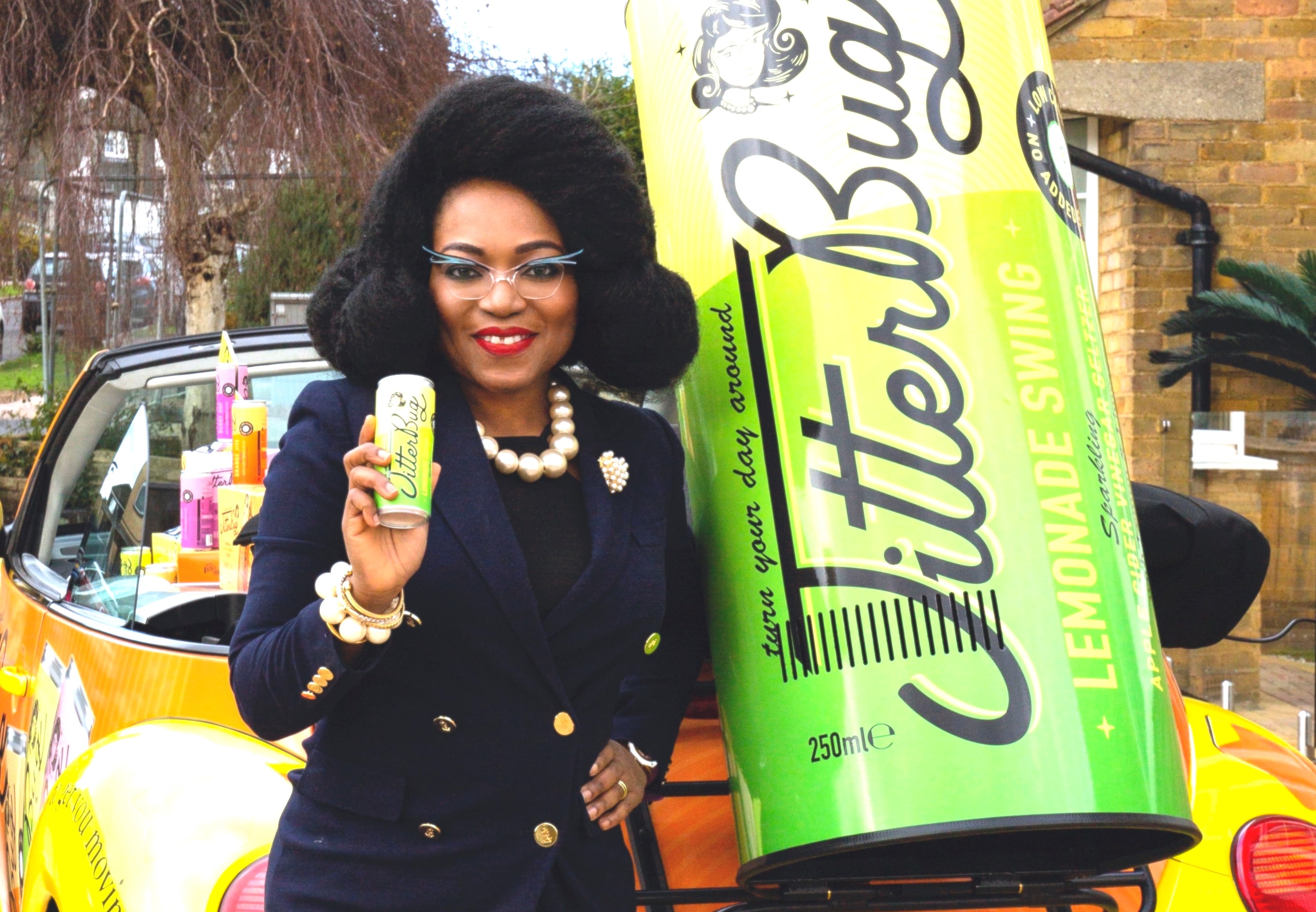Free digital copy
Get Speciality Food magazine delivered to your inbox FREE
Get your free copy
Almost a fifth of women are currently considering starting their own business in what Small Business Britain says signals a potential wave of new female-led start-ups.
Two-fifths of women (42%) said they were motivated to think about starting a business out of a passion, according to the research, commissioned to mark International Women’s Day on 8th March. Passion is a common driver cited by women in the food and drink sector. Mollie Obileye, co-founder of Jitterbug drinks, which makes sparkling apple cider vinegar seltzers, told Speciality Food she was “driven by passion to fill the world with food goodness following a health scare”.
Over a third of women are considering supplementing their income through a ‘side hustle’, while 14% are reconsidering their current job as a result of the pandemic.
“This research underlines that female entrepreneurship continues to grow and flourish in the UK,” said Michelle Ovens, founder of Small Business Britain and f:Entrepreneur, a campaign launched in 2017 to highlight inspiring female entrepreneurs. This year, the initiative received a record number of applications from women to be part of a campaign showcasing female small business owners.
“While 2021 will of course continue to be tough for small businesses, there are huge opportunities out there for women to grow and start their businesses. We saw a wave of start-up activity after the last recession, and with other figures sadly showing that women have been particularly affected by recent redundancies, I believe female-led businesses will be at the very heart of the UK’s recovery,” Michelle said.
Through f:Entrepreneur, Michelle is calling for support for female-led start-ups. Mollie, despite seeing being an entrepreneur as a natural step after witnessing her mother’s mastery of the world of commerce, said she wasn’t prepared for how lonely it felt as a woman stepping into a new industry.
“I quickly realised that there were no mentors to run to, even though there were lots of pictures of achievers all around, access to them or their knowledge had always been surrounded by gates and glass walls. You see them, but you can’t reach them, and to me this was my biggest challenge,” Mollie said.
Her response was to hire industry consultants, and eventually learning to trust her “inner compass” to navigate challenges the industry threw her way. “Being a woman in business has not necessarily meant more challenges, the challenges are there for all genders, but I guess how I am able to carry my responsibilities as a woman, a mother and wife alongside the demand of a fast moving and tough industry is where the drama lies,” she said. “But I’m loving the challenge and keeping my eyes on the goals and so I press on hoping that one day I will become that mentor I wish I had to others coming behind and holding their hands.”
Kate Saunders, who runs her baking business Blackberry Cottage, also fell into entrepreneurship naturally. “Being a female in business/entrepreneur seemed normal for me; both my parents run their own businesses. It seemed the most natural thing to do. The hardest thing for me was to work out what to do.”
However, the lightbulb moment hit while she was working as a sports masseur with the Olympic and Paralympic teams. “I was creating cakes with vegetables as one of the largest ingredients for them to enjoy, by using vegetables I could reduce and sometimes omit refined sugars and fats. At that time using vegetables in cakes was very unusual which was a bit of a challenge, I persevered as I knew I had a good product and people enjoyed it.”
By listening to her customers she discovered a wider market for her treats – children. Kate has adapted and grown her business, but her favourite part is speaking to other women in the food and drink industry. “What I like about being a female entrepreneur in the food business is being able to encourage other female entrepreneurs, especially start-ups.”

Health and wellness is another common theme in female-led food businesses. Mollie was set on her journey after a health scare, and Kate was keen to sneak vegetables into sugary snacks. Sara Roberts, founder of Healthy Nibbles, was also inspired by her own wellness journey after being shocked to see the selection of crisps, chocolate and fizzy drinks in a hospital vending machine.
“A poster next to the machine warned me that ‘diabetes and obesity kills’,” she said. “But the machine offered only the usual selection; there were no healthy choices. It was the moment which inspired my own personal wellness journey and my decision to start the business.”
Sara, who started her business in 2015, is also motivated to extend a hand to other women leading start-ups. “As an Ambassador to Women’s Enterprise Scotland I am passionate about creating an entrepreneurial environment where women-led businesses can flourish and grow. Because more women-owned businesses means more money for the economy.”
Small business minister Paul Scully agreed, saying, “Supporting women entrepreneurs is essential as we build back fairer from the pandemic, levelling the playing field for people from all backgrounds in business and ensuring that Britain’s economy flourishes.”
“We need to continue, and increase, our support for these incredible women and celebrate their amazing strength and success in the face of huge challenges,” added Michelle. A new raft of female entrepreneurs in the food and drink sector would be a boon to the industry and the wider economy, and it is important that women can receive the support they need to start and grow their businesses.
Images: Michelle Ovens, courtesy of Small Business Britain; Mollie Obileye, courtesy of Jitterbug